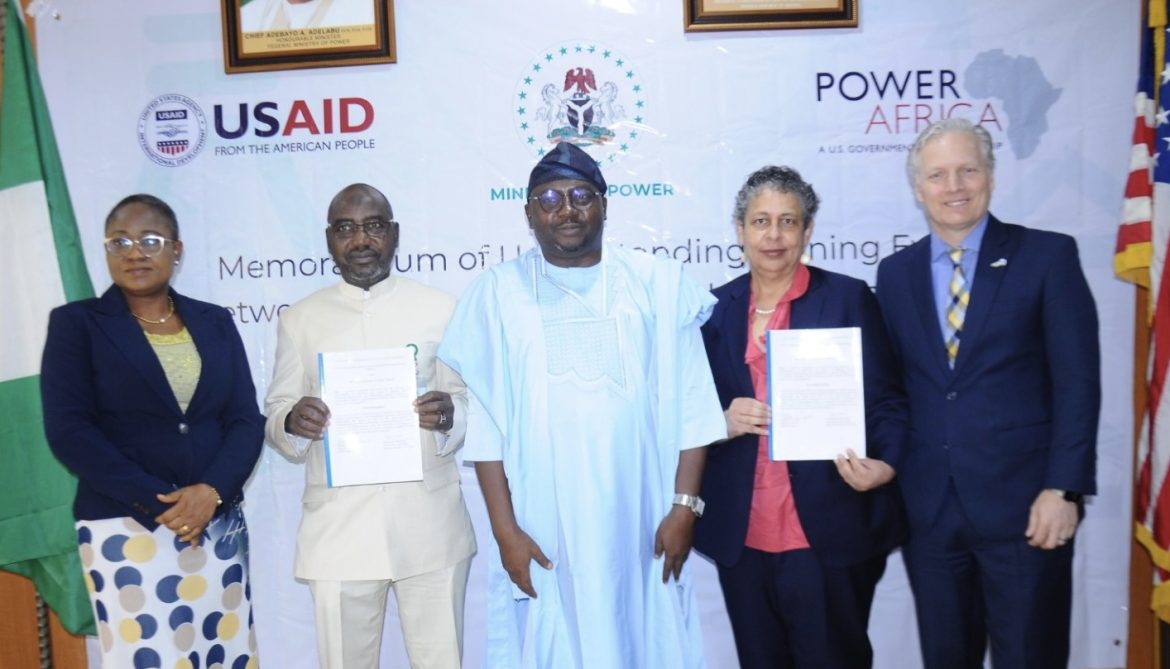The US Agency for International Development (USAID) and Nigeria’s Federal Ministry of Power have signed a memorandum of understanding (MOU) to support comprehensive electricity sector reforms. This agreement aims to benefit all Nigerians by promoting market transparency and expanding access to sustainable, reliable, and affordable energy.
The agreement facilitates a ₦115.2 billion (approximately $75 million) US government grant-funded technical assistance program. This program is designed to address longstanding challenges and accelerate Nigeria’s transition to clean energy solutions.
Currently, over 85 million Nigerians lack access to grid power, while many others face unreliable energy supplies. These challenges force families and businesses to rely on expensive, emission-intensive gasoline and diesel generators.
In the past, Power Africa supported the World Bank and Nigeria’s Rural Electrification Agency (REA) to provide electricity access to off-grid communities through renewable energy sources. In 2023, USAID launched Empower West Africa, a $73 million Power Africa program aimed at increasing the availability and access to affordable, reliable, sustainable, and clean energy in West Africa.
Power Africa Coordinator Richard Nelson, during his first official visit to Nigeria, noted, “Nigeria is at the core of Power Africa’s strategy. I look forward to elevating our partnership to advance Nigeria’s progress towards our shared goal of ensuring access to reliable, sustainable, affordable power for all.”
This latest project aims to strengthen collaboration between USAID and Nigeria, providing a framework for partnerships with key actors in the generation, distribution, and off-grid sectors to expand electrification. It builds on the Power Africa initiative, a US government-led partnership that leverages public and private sector resources to double electricity access in sub-Saharan Africa.
Over 33 million Nigerians have gained power access through the Power Africa initiative. The initiative has mobilized approximately $4.5 billion for on-grid and off-grid power projects in Nigeria. More than 200 private companies in the off-grid sector have received assistance.
This new initiative aims to strengthen policy frameworks, enhance regulatory capacities, and encourage private sector participation. These efforts will drive Nigeria towards its clean energy and net-zero carbon emissions targets. The Ministry is committed to ensuring these interventions deliver tangible benefits to all Nigerians, promoting economic growth and sustainable development.
Source: ESI Africa



